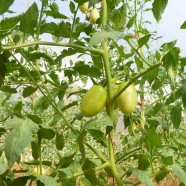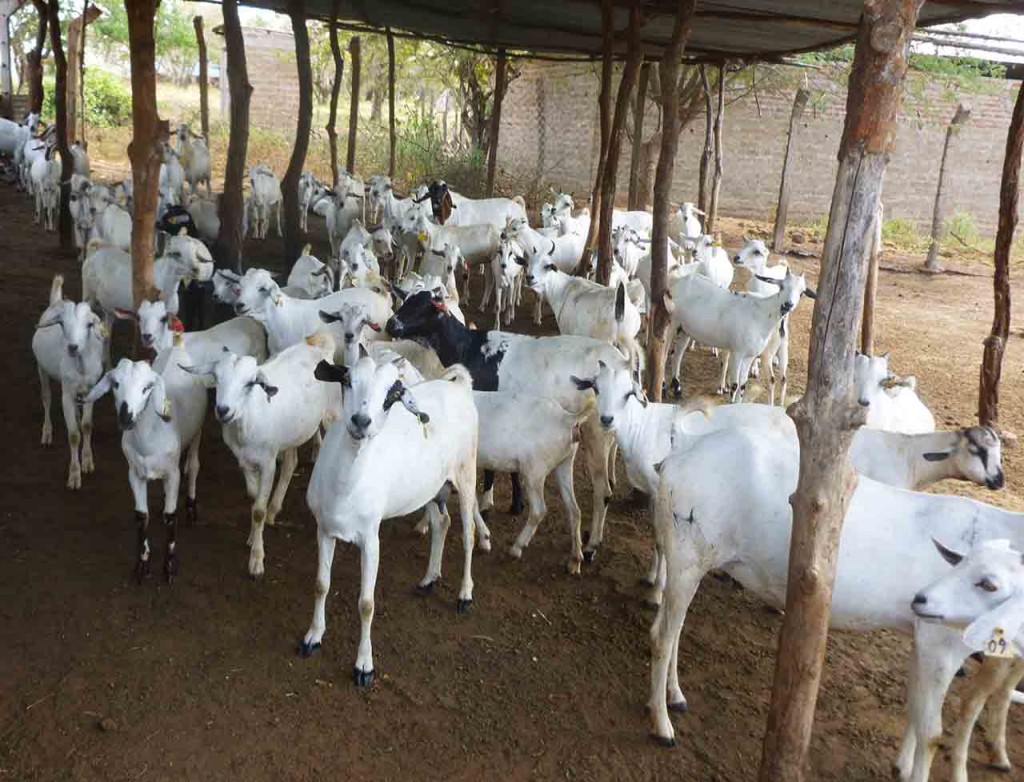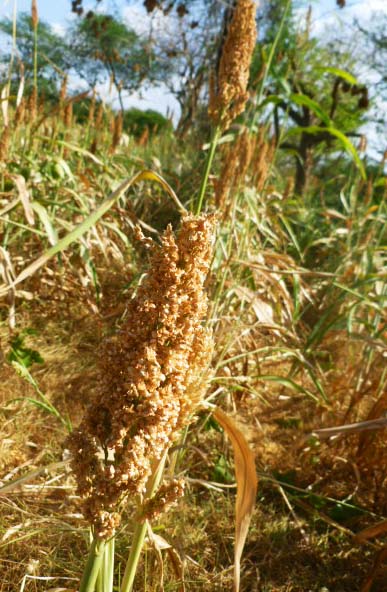
SASOL Foundation has been in the fore-front in enhancing food security with diversified dry land farming techniques which are best suited for farmers in Kitui County. SASOL, through the enterprise development project, has started implementing agricultural business oriented projects at the Multi-Purpose Centre. These combined projects form a Farmer’s Resource Centre, whereby modern farming technologies, conservation agriculture, and promotion of indigenous breeds of livestock suitable for arid and semi-arid regions are practiced.
The main function of the Centre is to provide access to appropriate knowledge and skills as a contribution to the development and improved well-being of individuals in Kitui County. SASOL believes that by offering necessary training, the population living in marginal livelihood zones can be lifted out of poverty, and gain self-sufficiency.
As part of the long-term establishment of MPC South, SASOL has developed a master plan with a holistic layout of thirteen buildings, a potential cascade of sand dams, and sections for agri-business activities.
Location:
The Multi-Purpose Centre is located approximately 100km south of Kitui Town in Kitui County, near the Kiangu market along the Kitui-Mutomo-Ikutha road.
Objectives of the project:
- Development of a Resource & Learning Centre for farmers.
- Income generation for sustainability of the Centre.
The Integrated Agri-business Project has six sub projects which aim at diversifying income avenues and diminishing the risks of agricultural production. The sub projects mentioned below have proven potential for income generation. To achieve the second objective of income generation, the products and by-products will be sold and ploughed back for sustainability.
Activities:
Goat Rearing
Arid and Semi-Arid Lands (ASALs) have huge potential for goat production. Goats are very adaptive and perform well in ASAL environments, as well as other ecosystems with a lot of shrubs and thorn bushes, because they eat available shrubbery including thorns. This project has exploited this opportunity by engaging in rearing of indigenous free range goats. This project demonstrates goats farming as well as generating income for the center by selling goats as babies are born and raised.
Vegetable Production
One of the major factors limiting crop production in Arid and Semi-Arid Lands (ASALs) is water scarcity. In most cases crops result in failure due to over-dependency on rainwater. Greenhouses provide a way to grow crops even in the most severe drought. SASOL has begun using greenhouse technology to grow tomatoes throughout the year. One of the major benefits of growing vegetables in greenhouses is the ability to sell off-season vegetables at higher prices. This is mainly an income generation activity for MPC South, but farmers who are interested in investing in greenhouse technology are welcome to be trained at the Farmer’s Resource Centre.
Drought Resistant Crops
By growing drought resistant crops such as green grams, dolichos lab lab, and sorghum, SASOL aims to demonstrate to farmers how they can be more successful in production, as well as assist them in selling their produce. Sales from SASOL’s own production are used to generate income for the Centre. Farmers who have been growing conventional crops like maize for many years have faced production failure recently due to adverse climatic change.
Because of cultural traditions, shifting to drought resistant crops has been a challenge for farmers, even though the crops SASOL advocates for have higher nutrition values. However, the drought of 2010-13, the changing climate, and SASOL’s efforts to educate local farmers are all contributing to the change in farmer practices and perspectives.
Conservation Agriculture Technology
This involves application of the three CA principles: permanent planting holes, mulching, and intercropping. You can see the Conservation Agriculture Pilot Project for more information on CA.
Currently SASOL is applying CA principles by mulching of onions and intercropping of sorghum with dolicos mucuna and dolicos lab lab.
Indigenous poultry production
SASOL has been working to produce improved indigenous breeds of chickens by cross breeding the local chicken with Ken Brow chicks for the benefits of rearing a stronger dual-purpose breed.
Products:
- Chickens will be sold to different restaurants and hotels within the county.
- Fertilized eggs produced will be used to hatch into chicks. In case of excessive eggs production, the eggs will be sold.
- Waste products produced by the chickens will be used for manure to fertilize the agricultural projects at MPC South
FMNR Practice
Farmer Managed Natural Regeneration (FMNR) practice involves paddocking and training of natural vegetation resulting in improved livestock nourishment.
Currently the SASOL has divided the grazing land into paddocks and has trimmed the natural tree stubs for ease in upright growth.







 Canadian Foodgrains Bank (CFGB)
Canadian Foodgrains Bank (CFGB) Mennonite Central Committee (MCC)
Mennonite Central Committee (MCC)